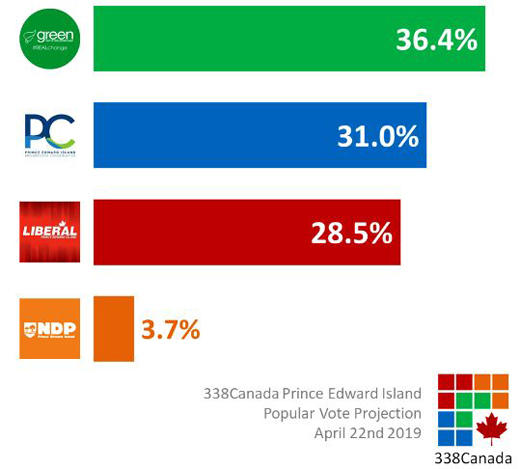
Record-breaking cold temperatures across Canada and the U.S. Midwest this past winter had most easteners cranking up the heat and wishing they could hibernate.
Climate change is creating extreme conditions on both ends of the spectrum. With eastern Canada caught in the midst of a series of record cold snap throughout the winter, on the other end of the planet more than 50 wildfires were raging in Tasmania, Australia’s tiniest state. In fact, Australia has had eight of its ten hottest summers since 2005.
Last summer, the failure to pass legislation that would have reined in greenhouse gas emissions resulted in the ouster of Australian Prime Minister Malcolm Turnbull.
Meanwhile, according to the New York Times story linked to above …
” … (Turnbull’s ouster) could be a bellwether for the 2019 Canadian election, set for October 21st, in which Prime Minister Justin Trudeau faces a powerful challenge from politicians aligned with the country’s oil industry. Conservatives have pledged to undo Mr. Trudeau’s plans to put a price on carbon nationwide if they take power. At the provincial level, Conservatives have won majority governments in Alberta, Saskatchewan, Manitoba, Ontario and New Brunswick after campaigning against the federal government’s carbon tax programme.”
Perhaps the fact that Prince Edward Island Green Party leader Peter Bevan-Baker is leading in the polls and on the threshold for a majority win in tomorrow’s 66th Prince Edward Island general election might be seen as a necessary and fitting backlash to the Trump-like, decidedly right-of-centre Conservative Party sweep that seems to have our nation in its grip.
 April 22, 2019 poll for Maclean’s magazine indicates an historic win for the PEI Green Party in tomorrow’s precedent setting 66th Prince Edward Island general election.
April 22, 2019 poll for Maclean’s magazine indicates an historic win for the PEI Green Party in tomorrow’s precedent setting 66th Prince Edward Island general election.
All of which begs the question: with less than six months to go to the upcoming 43rd Canadian general election when is the Andrew Scheer-led federal Conservative Party planning on releasing the party’s climate change plan, particularly when as recently as December he refused to commit the Conservative Party to meeting Paris targets?
As the Star Editorial Board published earlier this year …
The Conservatives’ critique of carbon pricing has become increasingly incoherent.
On the one hand, they say, the Liberal plan is a tax grab. On the other, since 90 per cent of what’s collected by Ottawa will be rebated back to taxpayers and most will actually come out ahead, it amounts to “bribing people with their own money.” Again, on the one hand a levy of $20 a tonne to start is an onerous “tax on everything.” At the same time, they insist, it’s a paltry amount that won’t cut GHG emissions nearly enough. As the old joke goes, the food here is terrible — and such small portions!
Amid all this politicking and confusion, the advantages of carbon pricing continue to stand out.”
Make no mistake: the environment is very much on the minds of the electorate this year. The federal Liberal, New Democrat and Green parties have, each and every one of them, developed coherent and forward thinking strategies to fight climate change, and preserve our planet.
Andrew Scheer’s Conservative Party has not.
On this Earth Day 2019, that’s something for all of us to think about.